Guidelines are current best practice procedures based on available evidence and serve as an important contributor to high quality service delivery.
Guidelines are intended to be used alongside the therapist's clinical expertise and as such the clinician is ultimately responsible for the interpretation of the evidence-based guidelines in the context of their specific circumstances and service users.

You can read featured IASLT guidelines below:

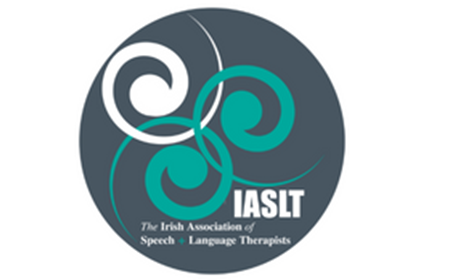
IASLT is responsible for the promotion and maintenance of professional standards of Speech and Language Therapists (SLTs) in Ireland. IASLT are committed to ensuring that all practising SLTs maintain their skills and competence and can respond to changing demands and work environments.


This document is applicable to IASLT members of all grades and across all work contexts. It aims to support members to implement an appropriate programme of supervision within their work contexts. It is a supportive document detailing best practice in the area.

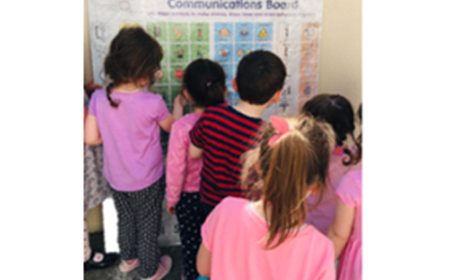
Playground communication boards facilitate those with communication difficulties to participate fully while in the playground. Consistency in layout of the board will assist in its use i.e. use of colour coding, a systematic approach to language layout.


The Irish Association of Speech & Language Therapists (IASLT) endorses the use of a blended approach as a means of facilitating and supporting student SLTs during clinical placements. This includes traditional methods such as supervising face-to-face sessions and case-based discussions.


This 2017 Guideline is intended to provide information about the speech and language therapy management of the neonate, child and adult with a tracheostomy.

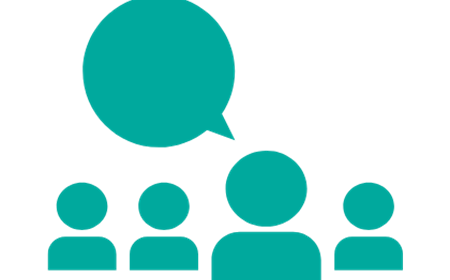
Published in 2017


Guidelines for Speech and Language Therapists working with people who use or may benefit from Augmentative and Alternative Communication (AAC), published December 2016


This guideline was published in March 2016 and is currently under review


Speech and Language Therapists (SLTs) hold the necessary clinical competencies in the screening, diagnosing and treatment of Autism Spectrum Disorders (ASD) as members of inter-professional clinical teams.

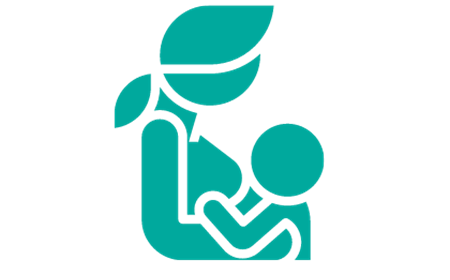
IASLT working to ensure best practice for our youngest service users; babies, infants and children presenting with FEDS needs,

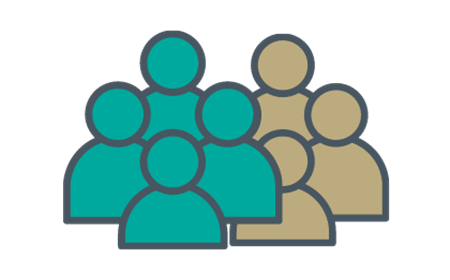
SLTs are fundamental to supporting the communication rights and needs of adults with ID by supporting the development of inclusive communication environments.


SLTs play a key role in the identification of choking risk and management of swallowing related difficulties. The guideline aims to support management of referrals and provide a standard protocol for intervention in this population.


This document is the Irish Association of Speech and Language Therapist’s (IASLT) official policy statement of professional practice for Speech and Language Therapists (SLTs) working with feeding, eating, drinking and swallowing disorders (FEDS).


Speech and Language Therapists (SLTs) work in mental health services in Ireland. They work with a diverse client group ranging from infants to older persons with mental health difficulties as part of a multidisciplinary team.